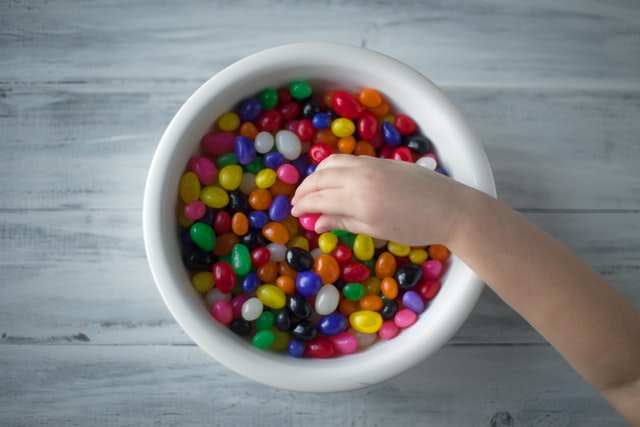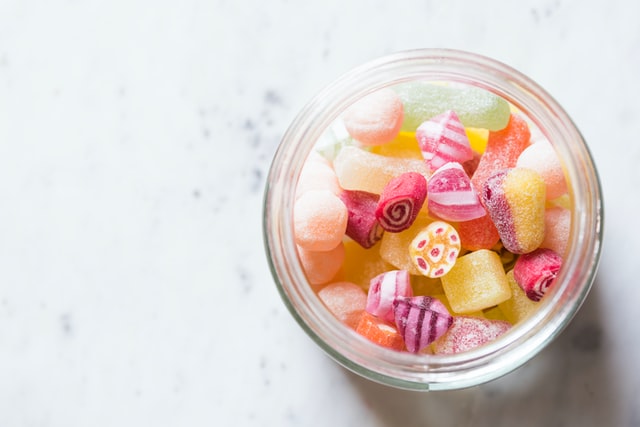Lördagsgodis | Swedish Candy Tradition

Sweden is known for its high consumption of sugary confections, ranking among the top in the world. Gummies, chocolate, and other sweet treats that children love are widely available throughout the country. One tradition that embodies the Swedes’ love for sweets is Lördagsgodis, a weekly ritual that takes place on Saturdays.
In this article, I will discuss the Swedish tradition of Lördagsgodis.
Lördagsgodis: Swedish Candy Tradition

Did you know that in Sweden, there’s a unique rule that allows children to eat candy only on Saturdays? This rule is called “Lördagsgodis.” In Swedish, “Lördag” means “Saturday,” and “godis” means “candy.” Hence, the term translates to “Saturday’s candy.”
In Swedish households with children, it’s a custom to give kids candy once a week, specifically on Saturdays. Of course, it’s not mandatory to follow Lördagsgodis every week. The frequency and rules regarding giving candy to children vary from family to family.
However, many Swedish families regularly incorporate Lördagsgodis as a fun activity on Saturdays. Sweden is known for its high candy consumption, and many stores have pick-and-mix candy sections.
Even the Swedish-born IKEA sells chocolate and gummies by weight, with prices around 300 yen per 100 grams, making it quite affordable. On Lördagsgodis, children can indulge in sweets as a reward for holding back during the weekdays.
The Origin of Lördagsgodis
The Lördagsgodis tradition took root in Sweden as a result of a dental health campaign promoted by the government in the 1950s.
With the country’s economic growth came an increase in children’s opportunities to consume sweets, and there was a need to prevent tooth decay caused by excessive sugar intake. The Swedish government at the time launched a dental health campaign that encouraged people to eat sweets only on Saturdays.
The remnants of this campaign are still present in Swedish society today in the form of Lördagsgodis. As children of that era grew up and became parents, they taught their own children that candy should be consumed only on Saturdays, thus passing on the Lördagsgodis tradition.
Conclusion
Lördagsgodis is a part of Swedish culture, and it means “Saturday’s candy.” Every Saturday, children are allowed to enjoy sweets to their heart’s content. The tradition began in the 1950s as a dental health campaign and is still practiced today as a rule for when children can eat candy in many households.
In addition to preventing tooth decay, the Lördagsgodis tradition can also help develop children’s independence and financial literacy through budgeting and saving for their favorite sweets. It might be a good idea to adopt a similar rule in Japan, where children can only eat sweets on weekends.




